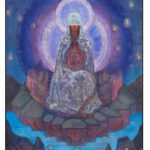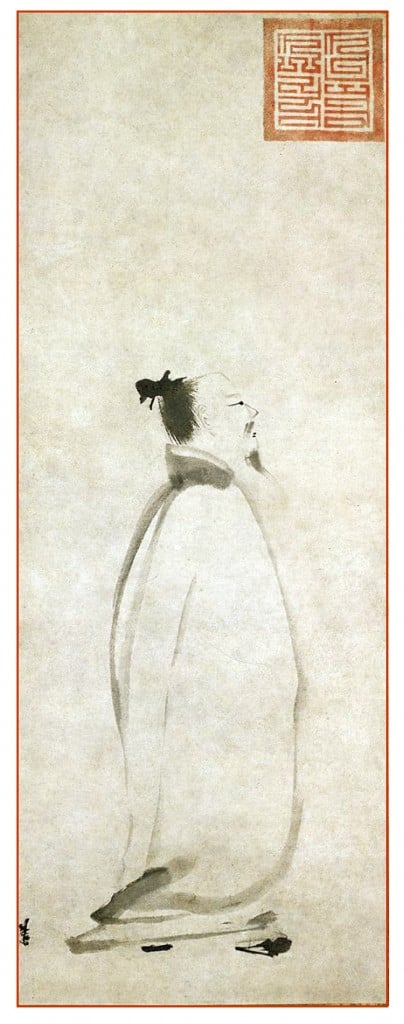
All the major religions of the present world are androcentric in nature and misogynistic in practice. The following are some typical injunctions in the Christian scriptures:
Let your women keep silence in the churches: for it is not permitted unto them to speak; but they are commanded to be under obedience as also saith the law.
And if they will learn any thing, let them ask their husbands at home: for it is a shame for women to speak in the church. (I Corinthians 14: 34-35)
Let the woman learn in silence with all subjection.
But I suffer not a woman to teach, nor to usurp authority over the man, but to be in silence. (1 Timothy 2: 11-12)
These rulings are in spite of (or perhaps because of) women being more attentive to religious teachings, and participating more often in religious services than men (Pew Research Foundation, 2016). The two passages nevertheless serve a purpose – they provide clear evidence that the New Testament does not always represent the word of God.
The androcentricity of organized religion differs completely from prehistoric religious beliefs, wherein God was more likely female than male (Stone, 1978). Over recent centuries, however, female aspects of the godhead have become more and more recognized. This posting briefly considers some of the manifestations of the divine feminine, and mentions what might be involved in a feminist theology.



